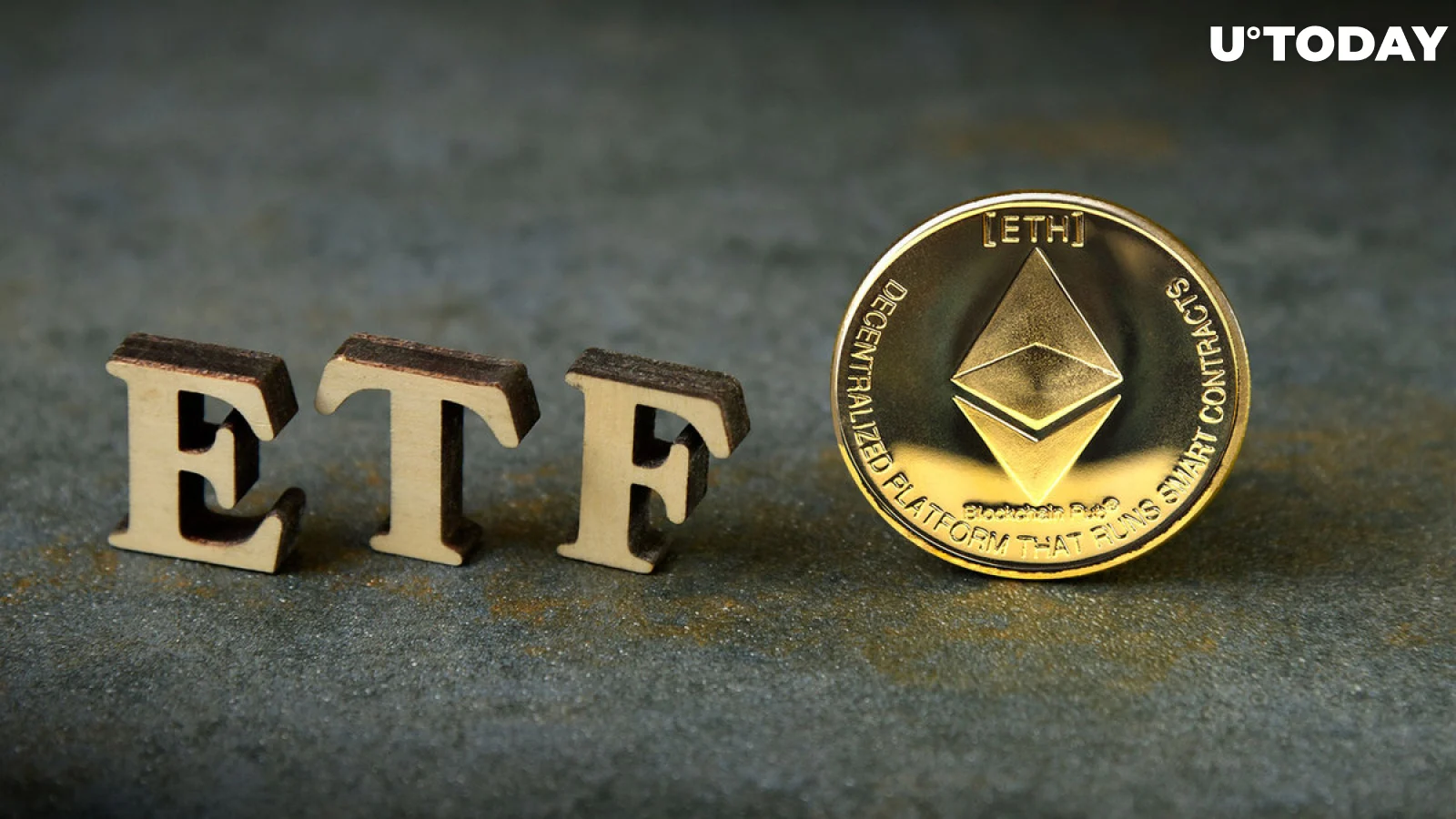Introduction: Regulatory Scrutiny in the Cryptocurrency Market
The Securities and Exchange Commission (SEC) is currently evaluating proposals for new exchange-traded funds (ETFs) linked to ether, the second-largest cryptocurrency by market capitalization. However, concerns regarding regulatory oversight and investor protection have prompted speculation that the SEC may deny these new ether ETFs. As the cryptocurrency market continues to evolve, regulatory scrutiny plays a crucial role in shaping investor confidence and market stability.
Lack of Regulatory Oversight
One of the primary reasons cited for potential denial of new ether ETFs is the perceived lack of regulatory oversight in the cryptocurrency market. Unlike traditional financial markets, which are subject to stringent regulatory frameworks and oversight mechanisms, the cryptocurrency market operates in a relatively nascent and decentralized manner. This lack of a “cop on the beat,” as some critics describe it, raises concerns about investor protection, market manipulation, and fraudulent activities.
Complexity of Ethereum Network
Another factor contributing to the SEC’s cautious approach towards new ether ETFs is the inherent complexity of the Ethereum network. Unlike Bitcoin, which primarily functions as a digital store of value, Ethereum is a decentralized platform that enables smart contracts and decentralized applications (DApps). The intricate nature of the Ethereum network presents unique challenges for regulators in terms of understanding its functionality, assessing risks, and implementing appropriate regulatory measures.
Market Manipulation Concerns
Market manipulation concerns represent a significant barrier to the approval of new ether ETFs by the SEC. The cryptocurrency market has been plagued by allegations of manipulation, price volatility, and fraudulent activities, raising doubts about its suitability for mainstream investment products such as ETFs. Without adequate safeguards and surveillance mechanisms in place, the potential for market manipulation poses risks to investors and undermines market integrity.
Investor Protection Considerations
Ensuring investor protection is a paramount concern for regulators evaluating new ether ETFs. Cryptocurrency investments carry inherent risks, including price volatility, cybersecurity threats, and regulatory uncertainty. Without proper disclosures, risk warnings, and investor education initiatives, investors may be exposed to undue risks and vulnerabilities. Regulators must assess whether new ether ETFs adequately address these concerns and provide investors with sufficient transparency and protections.
Market Maturation and Regulatory Clarity
The SEC’s decision regarding new ether ETFs may also reflect broader considerations related to market maturation and regulatory clarity in the cryptocurrency ecosystem. While the cryptocurrency market has experienced rapid growth and innovation in recent years, it remains in a state of flux, characterized by evolving technologies, business models, and regulatory frameworks. Regulators may be hesitant to greenlight new investment products until the market matures further and regulatory uncertainties are resolved.
Industry Efforts to Address Concerns
Despite regulatory challenges, industry stakeholders have been actively engaged in efforts to address concerns raised by regulators regarding new ether ETFs. Initiatives such as self-regulatory organizations, industry standards, and best practices aim to enhance transparency, compliance, and investor protection within the cryptocurrency market. By collaborating with regulators and demonstrating a commitment to responsible market conduct, industry participants seek to build trust and credibility in the eyes of regulators and investors alike.
Potential Impact on the Cryptocurrency Market
The SEC’s decision on new ether ETFs could have significant implications for the broader cryptocurrency market. Approval of these ETFs could potentially catalyze greater institutional participation, liquidity, and mainstream adoption of ether as an investable asset. Conversely, denial of new ether ETFs may dampen investor sentiment, hinder market growth, and prolong regulatory uncertainty within the cryptocurrency ecosystem. The outcome of the SEC’s evaluation process will likely shape the trajectory of the cryptocurrency market in the months and years to come.
Conclusion
As the SEC deliberates on proposals for new ether ETFs, concerns regarding regulatory oversight, investor protection, and market manipulation loom large. The outcome of this evaluation process will not only impact the prospects of these specific investment products but also reflect broader considerations related to market maturity, regulatory clarity, and institutional acceptance of cryptocurrencies. Industry stakeholders must continue to collaborate with regulators, address concerns, and foster responsible market practices to ensure the long-term viability and sustainability of the cryptocurrency market.
































